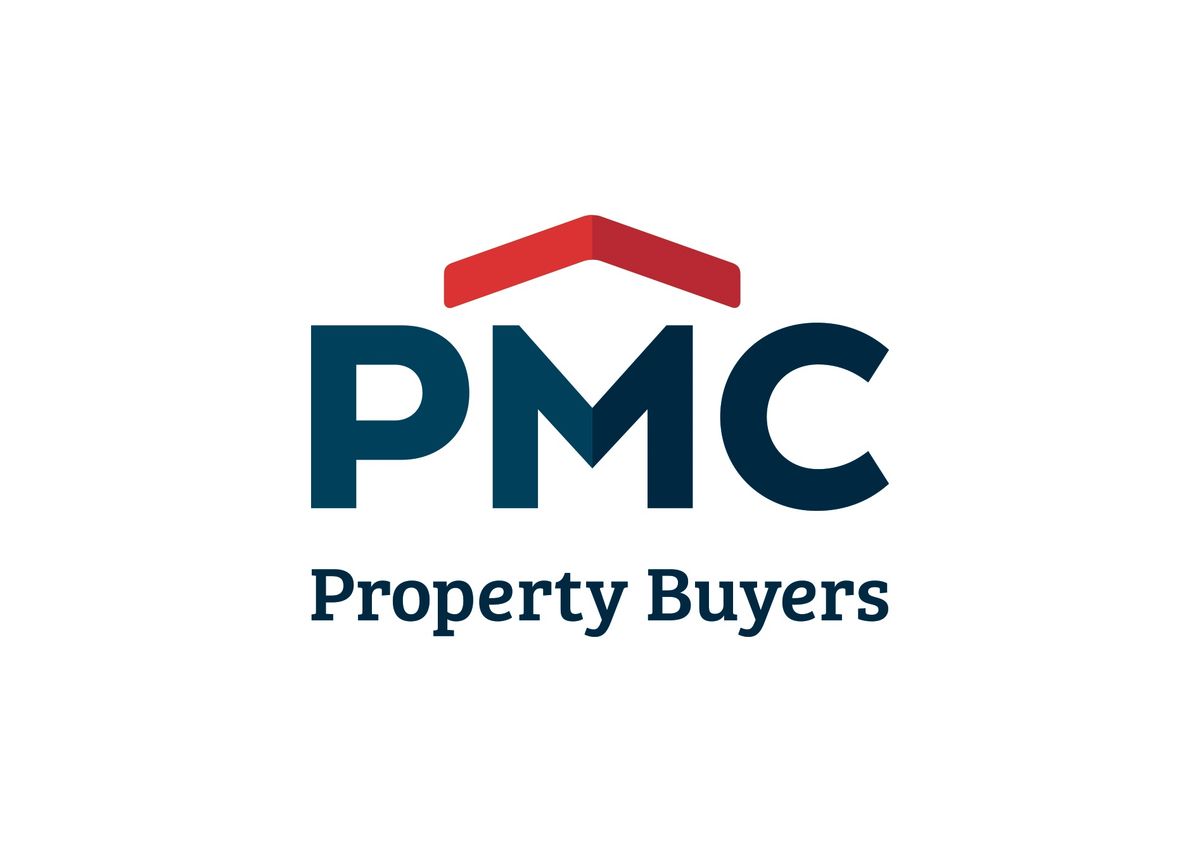Selecting the right buyer agent can significantly impact your property purchasing experience and outcome. With the Australian property market becoming increasingly competitive, having a skilled professional by your side can make all the difference. But how do you determine which buyer agent is the best fit for your needs? This guide explores the top five critical factors to evaluate before making this important decision.
Why the Right Buyer Agent Matters
Before diving into the selection criteria, it's worth understanding why choosing the right buyer agent is so crucial. A buyer agent serves as your advocate throughout the property purchasing journey, representing your interests exclusively. The right agent can save you time, money, and stress while helping you secure a property that meets your requirements and budget.
Top 5 Factors to Consider When Choosing a Buyer Agent
1. Experience and Specialisation
The first and perhaps most important factor to consider is the agent's experience and area of specialisation.
What to Look For:
- Years in the industry: Look for agents with at least 5+ years of experience as a buyer agent specifically (not just as a real estate agent)
- Property type specialisation: Ensure they have experience with the type of property you're seeking (apartments, houses, luxury properties, investment properties)
- Buyer focus: Confirm they work exclusively as buyer agents rather than representing both buyers and sellers
- Transaction volume: Ask how many properties they've helped clients purchase in the past year
Questions to Ask:
"How long have you been working exclusively as a buyer agent?" "What types of properties do you specialise in?" "How many clients have you represented in the past 12 months?"
"An experienced buyer agent brings not just market knowledge but also refined negotiation skills and a network of industry connections that can prove invaluable during your property search." - Real Estate Institute of Australia
2. Local Market Knowledge
A buyer agent's familiarity with your target area can significantly impact their ability to find you the right property at the right price.
What to Look For:
- Geographic focus: They should have deep knowledge of your target suburbs
- Price trend awareness: They should provide insights on local property values and price movements
- Development insights: Knowledge about upcoming infrastructure or development projects that might affect property values
- Neighborhood expertise: Understanding of local amenities, school zones, transport options, and lifestyle factors
Questions to Ask:
"How long have you been working in your target area?" "What are the current price trends in this area?" "Can you tell me about upcoming developments that might affect property values here?" "Which streets or pockets in this suburb offer the best value?"
A buyer agent with strong local knowledge will be able to provide specific insights about different streets, building complexes, or micro-markets within your target area.
3. Communication Style and Availability
Your relationship with your buyer agent will involve frequent communication over several months. Their communication style and availability should align with your preferences.
What to Look For:
- Responsiveness: They should respond to queries promptly (ideally within 24 hours)
- Communication methods: They should be comfortable using your preferred communication channels (phone, email, text, video calls)
- Listening skills: They should ask thoughtful questions about your requirements and preferences
- Transparency: They should be upfront about potential challenges and realistic about what they can deliver
- Availability: They should have the capacity to take on your search with the attention it deserves
Questions to Ask:
"How quickly do you typically respond to client inquiries?" "How often will we communicate during the search process?" "How many clients do you work with simultaneously?" "Will you personally attend all property inspections?"
"The best buyer agents are excellent communicators who keep you informed at every step of the process and are available when you need them most—especially during critical negotiation periods." - Property Buyer Survey 2025
4. Fee Structure and Value Proposition
Understanding how a buyer agent charges for their services is essential for evaluating whether they offer good value for money.
What to Look For:
- Transparent fee structure: Clear explanation of all costs involved
- Fee model: Whether they charge a percentage of purchase price, flat fee, or tiered structure
- Value-added services: What specific services are included in their fee
- Success fee components: Whether part of their fee is contingent on achieving certain outcomes
- Refund policies: What happens if you don't purchase a property through them
Questions to Ask:
"What is your complete fee structure?" "Are there any additional costs I should be aware of?" "What specific services are included in your fee?" "Do you offer any guarantees on your service?" "What happens if I decide not to proceed with a purchase?"
Remember that the cheapest option isn't always the best value. Consider the potential savings and benefits a highly skilled agent might deliver compared to their fee.
5. Track Record and References
Perhaps the most telling indicator of a buyer agent's quality is their track record and what previous clients say about their service.
What to Look For:
- Client testimonials: Reviews from previous clients
- Success stories: Specific examples of challenging purchases they've successfully navigated
- Negotiation outcomes: Evidence of their negotiation skills (e.g., properties purchased below asking price)
- Professional reputation: Standing within the industry and relationships with other professionals
- Verifiable references: The ability to speak directly with previous clients
Questions to Ask:
"Can you provide references from recent clients with similar requirements to mine?" "What was your most challenging purchase in the past year and how did you handle it?" "Can you share examples of properties where you achieved significant savings for clients?" "What percentage of your business comes from referrals?"
Don't hesitate to contact references directly and ask specific questions about their experience working with the agent.
Red Flags to Watch Out For
While evaluating potential buyer agents, be alert to these warning signs:
- Overpromising: Agents who make unrealistic promises about what they can achieve
- Lack of references: Reluctance to provide verifiable client references
- Poor communication: Slow responses or unclear communication during initial interactions
- Pressure tactics: Pushing you to make quick decisions or sign contracts immediately
- Vague answers: Inability to provide specific examples or clear explanations
- Conflicts of interest: Any indication they receive commissions or incentives from sellers or developers
Making Your Final Decision
After evaluating potential buyer agents based on these five key factors, consider scheduling face-to-face meetings with your top candidates. Personal chemistry and trust are crucial elements in this relationship.
Ask yourself:
- Do I feel comfortable with this person?
- Do they listen to my needs and preferences?
- Do I trust their advice and judgment?
- Can I see myself working closely with them for several months?
Remember that the right buyer agent should feel like a trusted adviser who has your best interests at heart.
Conclusion
Choosing the right buyer agent requires careful consideration of their experience, local knowledge, communication style, fee structure, and track record. By thoroughly evaluating potential agents against these five key factors, you'll be well-positioned to select a professional who can guide you through the property purchasing process with expertise and dedication.
The time invested in finding the right buyer agent will pay dividends throughout your property search, negotiation, and settlement process. With the right professional by your side, you'll have a significant advantage in today's competitive property market.
Remember that the relationship with your buyer agent is a partnership. The more clearly you communicate your requirements and preferences, the better they'll be able to serve your needs and help you find your ideal property.








